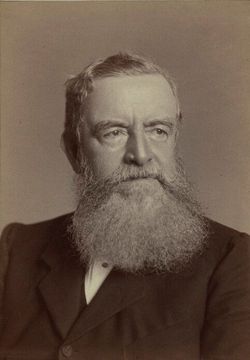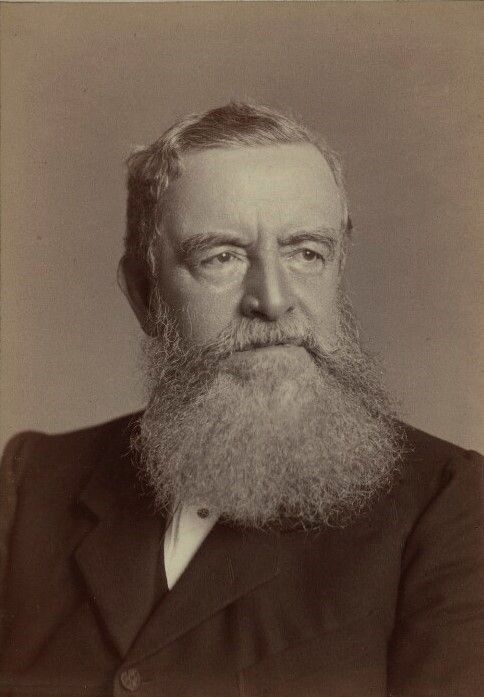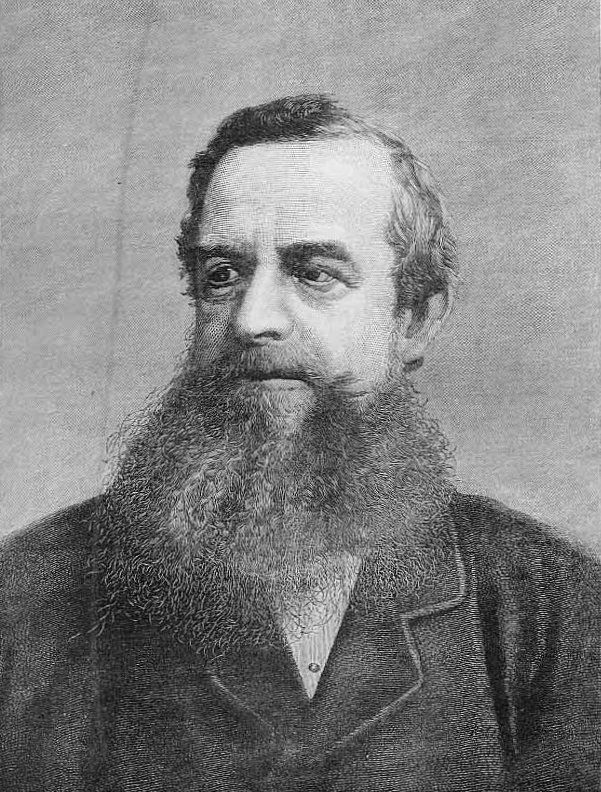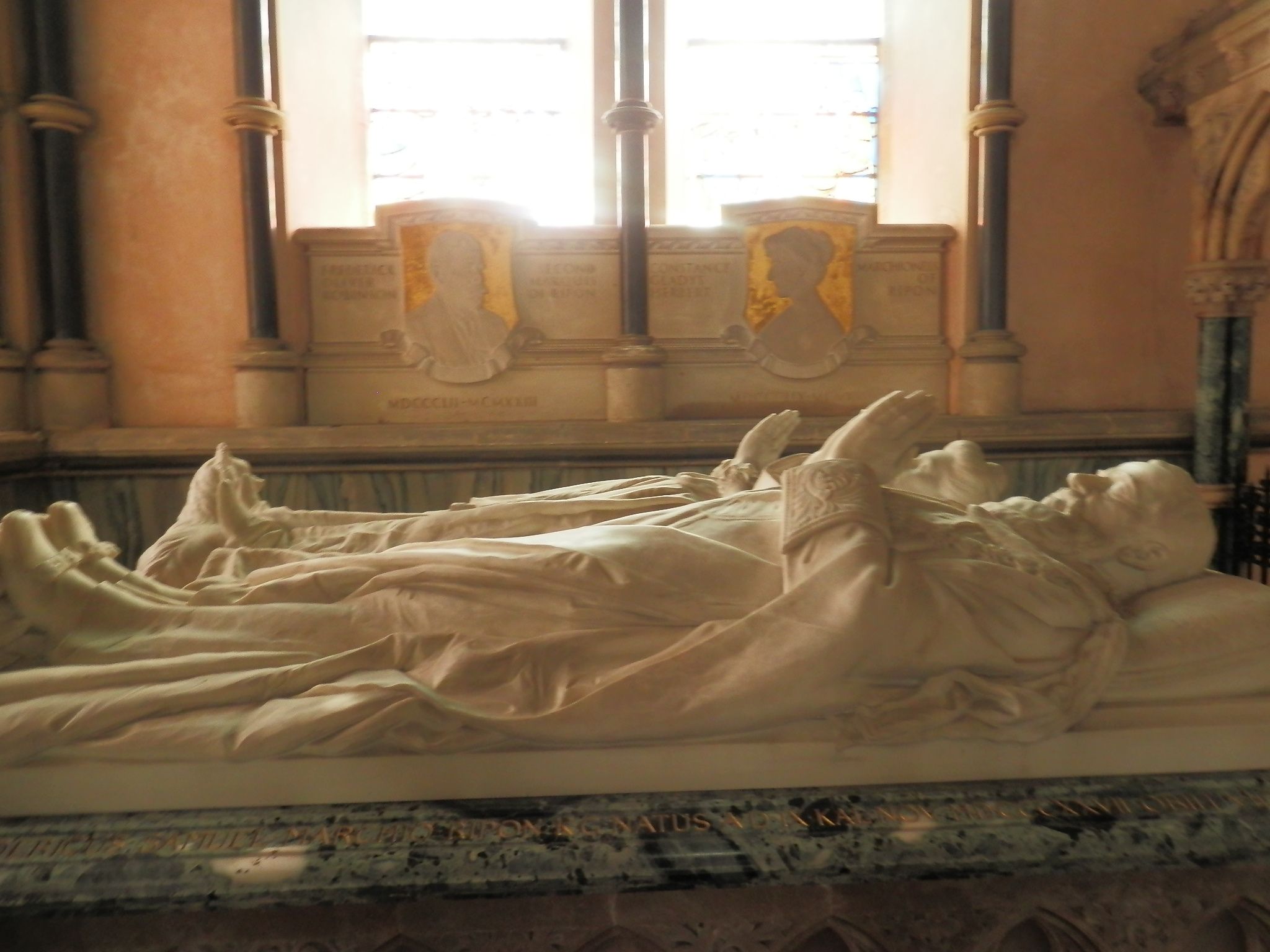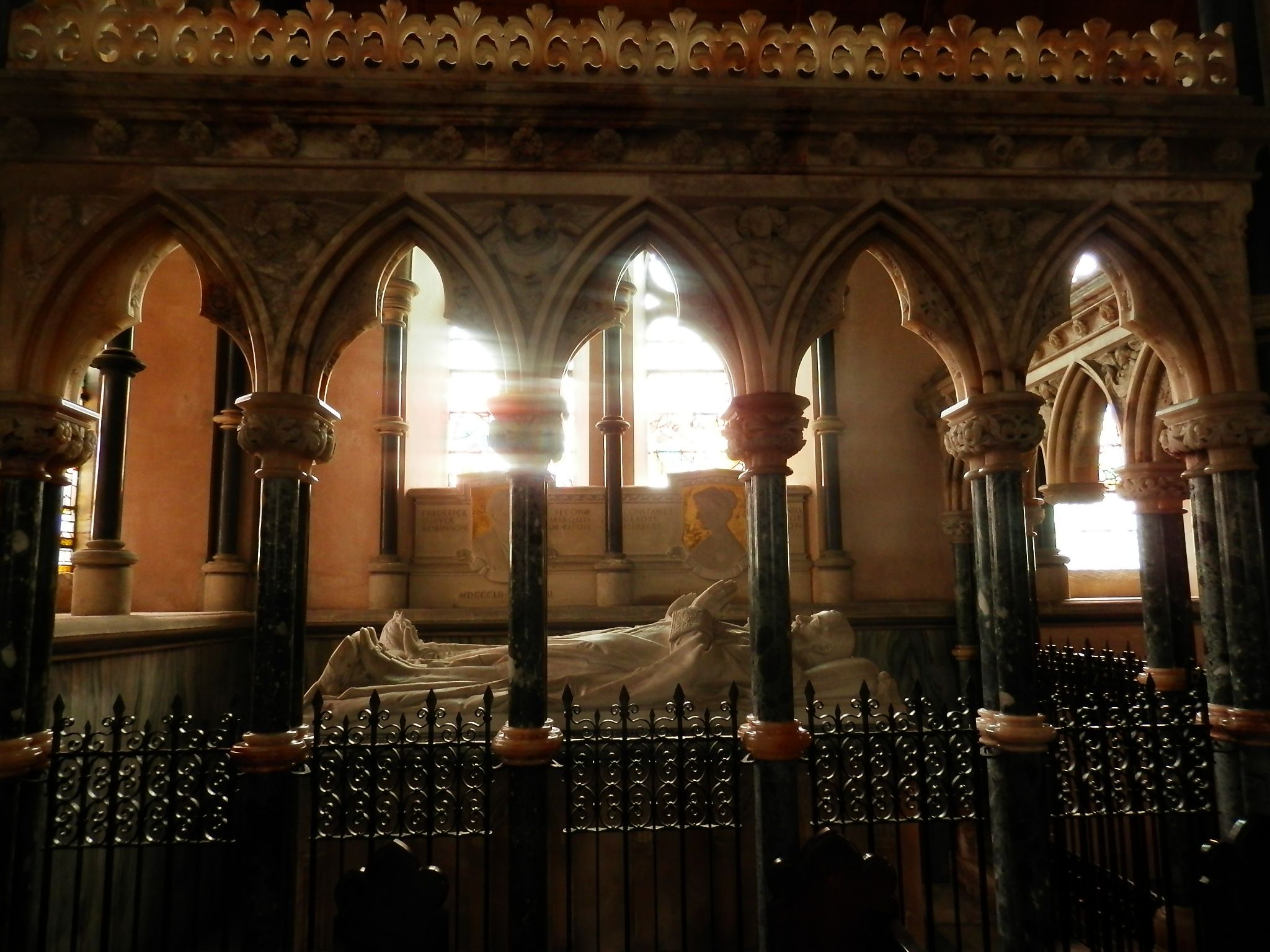George Robinson was the only viceroy born in No. 10 Downing Street (his father, then known as Viscount Goderich, was serving briefly as prime minister). He was a member of Parliament for Hull in 1852–53, Huddersfield in 1853–57, and the West Riding of Yorkshire in 1857–59 as a Liberal and under the courtesy title of Viscount Goderich. In January 1859 he succeeded to his father's title of Earl of Ripon and in November to that of his uncle, Earl de Grey. He was undersecretary for war in 1859–61 and for India in 1861–63, became Prime Minister Lord Palmerston's secretary for war in 1863, and in 1866 was appointed secretary of state for India. On the formation of William Gladstone's first administration (1868) he became lord president of the Privy Council. He chaired the Joint High Commission on the Alabama claims (1871), which arranged the Treaty of Washington and prepared the way for the Geneva Arbitration; his reward was elevation to a marquessate (1871). Installed in 1870 as grand master of the Freemasons of England, he resigned in 1874, converted to Roman Catholicism, and withdrew from public service for six years.
Lord Ripon succeeded Lord Lytton as viceroy of India in April 1880 on Gladstone's return to power. Reversing some policies of his predecessor, he ended the Second Afghan War by recognizing ʿAbdor Raḥmān Khan as emir of Afghanistan and by evacuating the Indo-British expeditionary forces from that country in 1881. He liberalized India's internal administration, lowered the salt tax, expanded the powers of local elected governments, and tried (unsuccessfully) to stabilize land taxes. Repealing the Vernacular Press Act of 1878, he allowed local-language newspapers freedoms equal to those in English. In 1881 he passed an act providing for some minor improvements in labour conditions. His Ilbert Bill (1883) was passed only after the removal of his controversial provision to allow Indian judges the same rights as European judges to handle cases of European defendants. He resigned in 1884.
Lord Ripon became first lord of the Admiralty (1886) in the third Gladstone ministry, and on the return of the Liberals to power he was appointed secretary for colonies (1892–95). In 1905–08 he was lord privy seal and the Liberal leader in the House of Lords. Though remembered favourably by Indian nationalists, Lord Ripon had less success with his British contemporaries.
George Robinson was the only viceroy born in No. 10 Downing Street (his father, then known as Viscount Goderich, was serving briefly as prime minister). He was a member of Parliament for Hull in 1852–53, Huddersfield in 1853–57, and the West Riding of Yorkshire in 1857–59 as a Liberal and under the courtesy title of Viscount Goderich. In January 1859 he succeeded to his father's title of Earl of Ripon and in November to that of his uncle, Earl de Grey. He was undersecretary for war in 1859–61 and for India in 1861–63, became Prime Minister Lord Palmerston's secretary for war in 1863, and in 1866 was appointed secretary of state for India. On the formation of William Gladstone's first administration (1868) he became lord president of the Privy Council. He chaired the Joint High Commission on the Alabama claims (1871), which arranged the Treaty of Washington and prepared the way for the Geneva Arbitration; his reward was elevation to a marquessate (1871). Installed in 1870 as grand master of the Freemasons of England, he resigned in 1874, converted to Roman Catholicism, and withdrew from public service for six years.
Lord Ripon succeeded Lord Lytton as viceroy of India in April 1880 on Gladstone's return to power. Reversing some policies of his predecessor, he ended the Second Afghan War by recognizing ʿAbdor Raḥmān Khan as emir of Afghanistan and by evacuating the Indo-British expeditionary forces from that country in 1881. He liberalized India's internal administration, lowered the salt tax, expanded the powers of local elected governments, and tried (unsuccessfully) to stabilize land taxes. Repealing the Vernacular Press Act of 1878, he allowed local-language newspapers freedoms equal to those in English. In 1881 he passed an act providing for some minor improvements in labour conditions. His Ilbert Bill (1883) was passed only after the removal of his controversial provision to allow Indian judges the same rights as European judges to handle cases of European defendants. He resigned in 1884.
Lord Ripon became first lord of the Admiralty (1886) in the third Gladstone ministry, and on the return of the Liberals to power he was appointed secretary for colonies (1892–95). In 1905–08 he was lord privy seal and the Liberal leader in the House of Lords. Though remembered favourably by Indian nationalists, Lord Ripon had less success with his British contemporaries.
Family Members
Sponsored by Ancestry
Advertisement
Explore more
Sponsored by Ancestry
Advertisement
